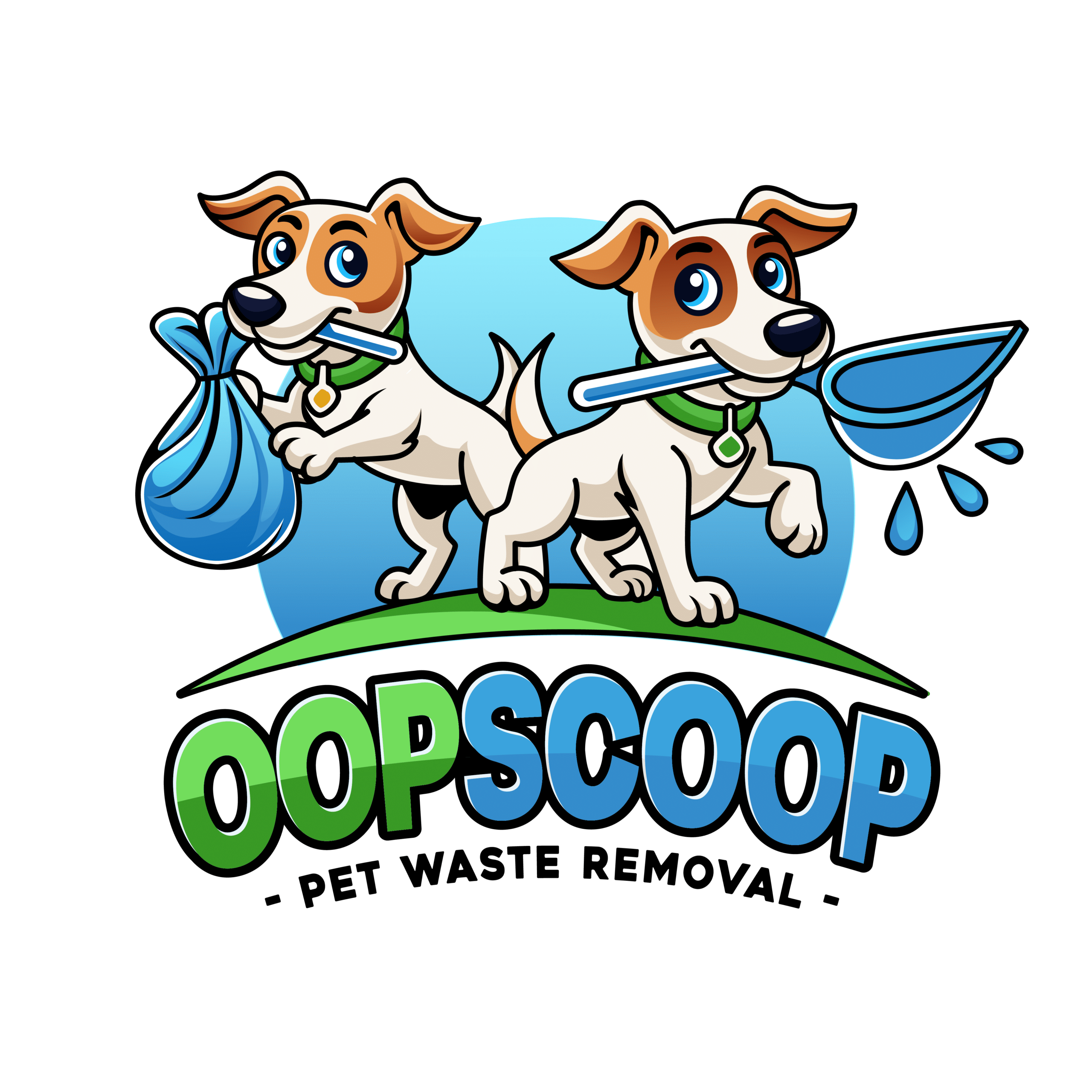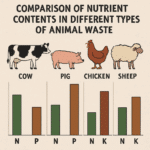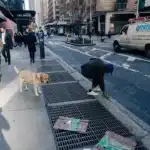Giardia in Dogs: Symptoms & Treatment
Giardia in dogs is a common concern for pet owners. This microscopic parasite can cause significant discomfort for your furry friend. Understanding giardia is crucial for effective management and prevention.
Dogs often contract giardia through contaminated water or feces. Symptoms can range from mild to severe, including diarrhea and weight loss. Early detection and treatment are key to a quick recovery.
Giardia is not just a canine issue. It can also affect humans, though transmission is rare. Maintaining good hygiene and proper pet waste management can help prevent the spread.
In this guide, we’ll explore giardia symptoms, treatment options, and prevention strategies. Our aim is to equip you with the knowledge to keep your pet healthy and safe.
What is Giardia?
Giardia is a microscopic organism that causes giardiasis in dogs. It is a flagellated protozoan often found in contaminated water sources. This parasite primarily affects the digestive system, leading to various gastrointestinal symptoms.
Understanding the basics of giardia is vital for any dog owner. Key points about giardia include:
- Often found in fecally contaminated environments.
- Symptoms can vary among infected dogs.
- Requires a fecal test for diagnosis.
Knowing these facts can help you better protect your dog from infection.
How Do Dogs Get Giardia?
Dogs contract giardia by ingesting cysts from contaminated sources. These sources include dirty water, infected feces, or even contaminated food. In crowded environments like kennels, the chance of contracting giardia increases significantly. Understanding these pathways is essential for preventing giardia infections in dogs.
Transmission Methods
Giardia spreads via different routes, increasing its threat. Dogs may drink contaminated water from puddles or lakes. Contact with infected feces during walks or in dog parks is another common method.
Key transmission routes include:
- Drinking from unsafe water sources.
- Coming into contact with contaminated dog feces.
- Eating contaminated or improperly stored food.
By recognizing these methods, owners can reduce exposure risks.
Risk Factors
Several factors heighten the risk of giardia in dogs. Young puppies and immunocompromised dogs are particularly vulnerable. Crowded places, such as dog shelters and daycare centers, pose elevated risks.
Common risk factors:
- Young age, especially puppies.
- Frequent visits to dog parks.
- Weak or compromised immune system.
Understanding these risk factors can guide preventative measures.
Giardia Symptoms in Dogs
Giardia causes various symptoms in infected dogs. Common signs include diarrhea, lethargy, and weight loss. However, not all dogs show symptoms. Some may carry the parasite without noticeable signs, making early detection through regular check-ups crucial.
Early Signs
Detecting giardia early can prevent severe health issues. Initial symptoms often include mild diarrhea or soft stool with a greasy texture. Dogs might also experience increased thirst and slight discomfort.
Some early symptoms to watch for:
- Soft, greasy stool.
- Increased water consumption.
- Mild fatigue or lethargy.
Prompt attention to these signs allows for faster intervention.
Severe Symptoms
If untreated, giardia can lead to severe health problems. Dogs may experience prolonged diarrhea accompanied by weight loss and dehydration. A general deterioration in their overall appearance may become evident.
Severe symptoms can include:
- Persistent diarrhea.
- Noticeable weight loss.
- Visible dehydration signs.
Recognizing these severe symptoms helps in seeking immediate veterinary care.
Diagnosis of Giardia in Dogs
Accurate diagnosis of giardia in dogs relies on professional veterinary assessment. Vets typically start with a thorough physical examination and ask about symptoms. They often require laboratory tests to confirm the presence of giardia.
Veterinary Examination
During the examination, vets look for signs of giardia like weight loss and lethargy. They evaluate the dog’s overall health to identify any other possible causes.
Veterinary assessment may include:
- Physical check-up.
- Medical history evaluation.
- Preliminary symptom review.
These steps guide the vet in deciding further diagnostics.
Laboratory Tests
For a confirmed diagnosis, laboratory tests are essential. Vets use fecal samples to detect giardia under a microscope. Advanced tests, such as enzyme-linked immunosorbent assays (ELISA), may also be employed for accurate detection.
Some common tests include:
- Fecal flotation tests.
- Direct smear microscopy.
- ELISA for antigen detection.
These tests help in pinpointing the giardia presence, allowing for effective treatment planning.
Treatment Options for Giardia in Dogs
Treating giardia in dogs involves medication prescribed by a vet and environmental management. It’s crucial to address both the pet and its living space to prevent reinfection.
Giardia Medication for Dogs
Giardia treatment usually begins with prescribed medication from a veterinarian. Common medicines include metronidazole and fenbendazole, which are effective against this parasite. Administer the medication as directed to ensure success.
Key medications often used are:
- Metronidazole
- Fenbendazole
- Secnidazole
These drugs combat the parasite and help in relieving symptoms.
How to Treat Giardia in Dogs
Follow the veterinarian’s treatment plan closely for effective results. In addition to medication, maintaining a clean environment is essential to avoid reinfection. Regular cleaning of your dog’s living area is beneficial.
Steps to consider include:
- Administer prescribed medications.
- Clean living areas frequently.
- Dispose of feces promptly.
This holistic approach supports full recovery and prevents spread.
Dietary Recommendations
A balanced diet aids in the recovery from giardia. Provide your dog with nutritious food and ensure a clean water supply. Hydration is important, especially if diarrhea is present.
Dietary tips include:
- High-quality dog food.
- Plenty of fresh water.
- Digestive supplements if recommended by a vet.
These practices help strengthen the dog’s health during the treatment period.
Prevention Strategies
Preventing giardia in dogs focuses on hygiene and environment management. Keeping areas clean and monitoring your dog’s activities can greatly reduce infection risks.
Home and Yard Management
Properly managing your dog’s environment is crucial to prevent giardia. Regular cleaning of your home and garden reduces the chance of exposure. Pay special attention to areas where your dog often roams.
Consider these steps:
- Remove feces promptly from the yard.
- Use safe disinfectants in dog areas.
- Maintain proper drainage to prevent standing water.
Consistent application of these measures will diminish giardia presence in your pet’s environment.
Importance of Hygiene
Hygiene plays a vital role in limiting giardia spread. Regularly washing hands, cleaning food dishes, and monitoring contact with infected dogs is essential.
Hygiene tips include:
- Wash hands after handling pets.
- Clean dog bowls daily.
- Avoid contact with sick animals.
Practicing these habits supports a healthier space for both pets and humans.
Zoonosis Concerns
Giardia is a zoonotic parasite, meaning it can transfer from animals to humans. Though rare, human infection can occur, making precautionary measures important for households with pets.
Can Humans Get Giardia from Dogs?
Humans can contract giardia from dogs, typically through contact with contaminated feces. Maintaining clean spaces and avoiding direct contact with infected waste can reduce this risk.
Consider these prevention steps:
- Wear gloves during pet waste removal.
- Regularly disinfect kennels and living areas.
- Wash your hands thoroughly after dog interactions.
These actions help mitigate the possibility of transmission to you or your family.
Public Health Advice
Adhering to public health guidance is vital when dealing with giardia. Understanding how to protect both people and pets can prevent infection.
Public health suggestions include:
- Ensuring children avoid pet poop areas.
- Educating family members on safe pet handling.
- Consulting a doctor if giardia symptoms occur.
These recommendations foster a safer environment for everyone involved.
Pet Waste Removal Services
Utilizing a professional pooper scooper service can significantly aid in preventing giardia infections. Services like Oop Scoop, which operates in Delaware and Maryland, specialize in pet waste removal. By regularly cleaning your yard and disinfecting tools before each service, we help minimize the risk of giardia and other parasites.
Our team ensures that your pet’s environment remains clean and safe, reducing the chances of contamination. Regular waste removal not only keeps your yard tidy but also protects your furry friends from potential health issues.
For more information on how we can help you curb giardia risks, visit us at oopscoop.com. Together, we can create a healthier environment for your pets.






